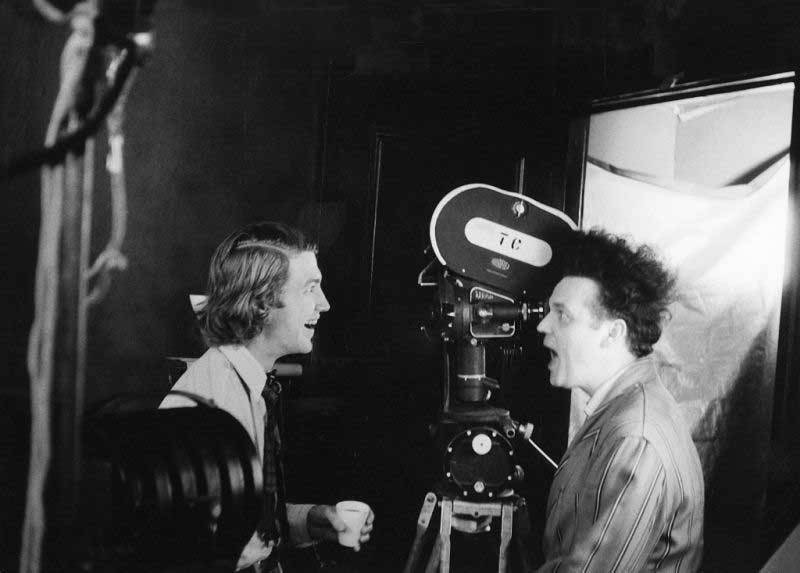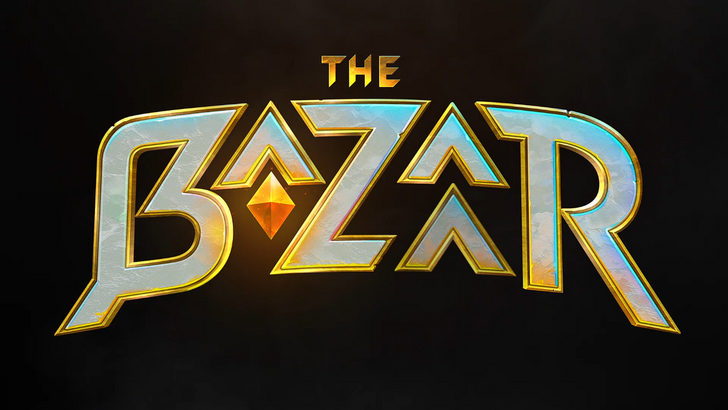They Don’t Make ‘Em Like David Lynch Anymore
This article explores the enduring legacy of David Lynch, a filmmaker whose unique style has left an indelible mark on cinema. It begins by highlighting a pivotal scene from Twin Peaks, showcasing Lynch's ability to portray the mundane alongside the unsettling, a hallmark of his work. The article then delves into the concept of "Lynchian," a term coined to describe the unsettling, dreamlike quality that permeates his films. This quality, it argues, transcends specific stylistic elements, making "Lynchian" a broader descriptor of unease and disorientation.
The piece recounts personal experiences with Lynch's films, highlighting the generational appeal of his work, from the author's own experience introducing his son to Twin Peaks to the unexpected resurgence of interest in his films among a new generation of viewers. The discussion then shifts to Twin Peaks: The Return, emphasizing Lynch's defiance of conventional expectations and his unwavering commitment to his artistic vision.
The article contrasts Lynch's unconventional approach with his more mainstream work, such as Dune, noting its unique Lynchian elements despite its production troubles. It further explores the beauty and unsettling nature of his imagery, using The Elephant Man as an example of his ability to blend emotional depth with a disturbing atmosphere. The author emphasizes the difficulty of categorizing Lynch's work, highlighting its unique blend of darkness, humor, surrealism, and strangeness.
The article uses Blue Velvet to illustrate Lynch's knack for subverting expectations, contrasting the idyllic surface with a dark underbelly. It points to the influence of classic films and the unique blend of influences that shaped Lynch's style, a style unlikely to be replicated. A poll is included, inviting readers to share their favorite David Lynch film.
The concluding section reflects on Lynch's influence on subsequent generations of filmmakers, noting the emergence of "Lynchian" elements in contemporary cinema. The article cites examples such as I Saw the TV Glow, The Lobster, The Lighthouse, Midsommar, It Follows, Under the Silver Lake, Saltburn, Donnie Darko, Love Lies Bleeding, and works by Denis Villeneuve, highlighting the lasting impact of his unique vision. The article ends by acknowledging Lynch's significance as a filmmaker, emphasizing his influence and the enduring fascination with the unsettling realities he unveiled beneath the surface of everyday life.

-
1

Announcing the Bazaar Release: Date and Time Unveiled
Feb 02,2025
-
2

Marvel Rivals Update: News and Features
Feb 19,2025
-
3

Novel Rogue Decks Android Debut
Feb 25,2025
-
4

GTA 6 Release: Fall 2025 Confirmed
Feb 23,2025
-
5

Vampire Survivors – Arcana Card System Guide and Tips
Feb 26,2025
-
6

DC Heroes Unite: New Series from Silent Hill: Ascension Creators
Dec 18,2024
-
7

Get Exclusive Roblox DOORS Codes for January 2025
Feb 10,2025
-
8

Marvel Rivals Unveils Season 1 Release Date
Feb 02,2025
-
9

WWE 2K25: Long-Awaited Return
Feb 23,2025
-
10

Anime Fate Echoes: Get the Latest Roblox Codes for January 2025
Jan 20,2025
-
Download

Street Rooster Fight Kung Fu
Action / 65.4 MB
Update: Feb 14,2025
-
Download

Ben 10 A day with Gwen
Casual / 47.41M
Update: Dec 24,2024
-
Download

A Simple Life with My Unobtrusive Sister
Casual / 392.30M
Update: Dec 10,2024
-
4
Mega Jackpot
-
5
Day by Day
-
6
The Lewd Knight
-
7
Translate - Voice Translator
-
8
VPN Qatar - Get Qatar IP
-
9
Chewy - Where Pet Lovers Shop
-
10
Kame Paradise














